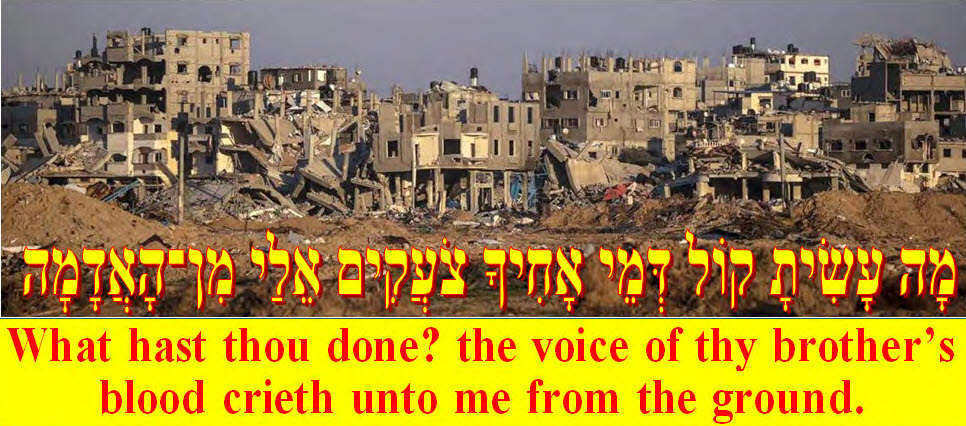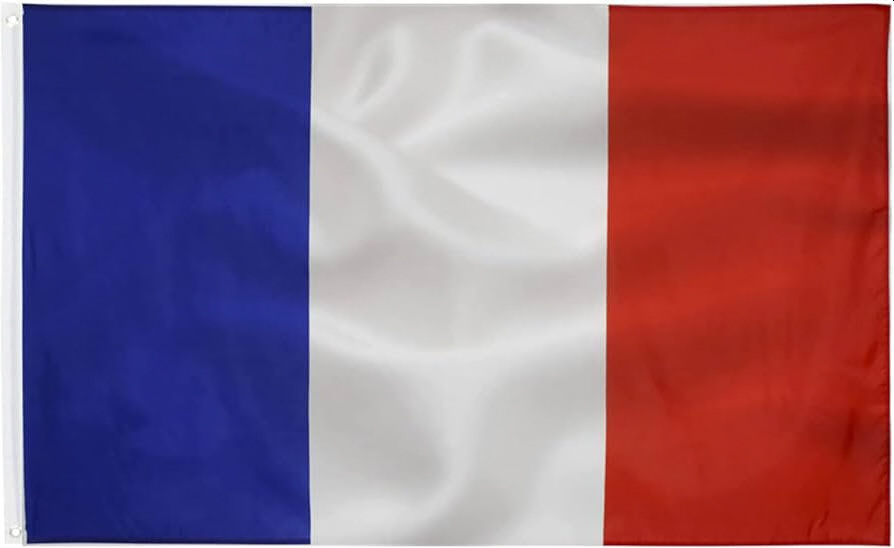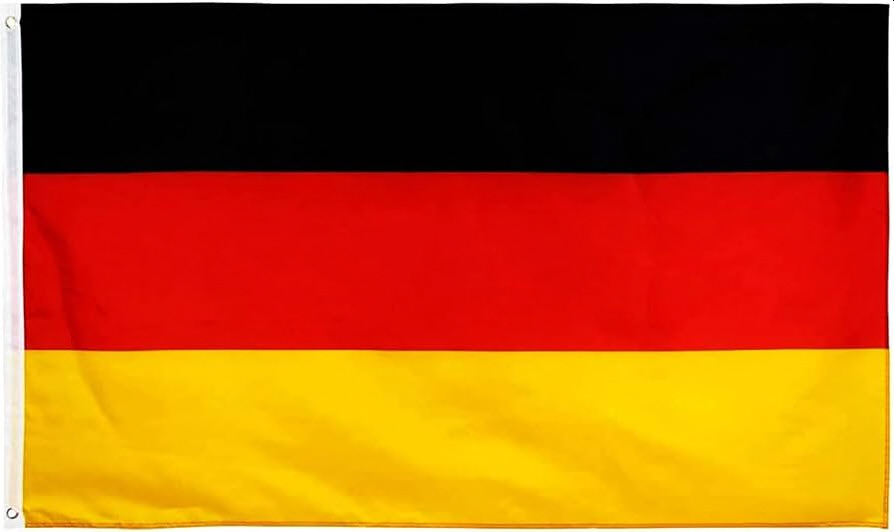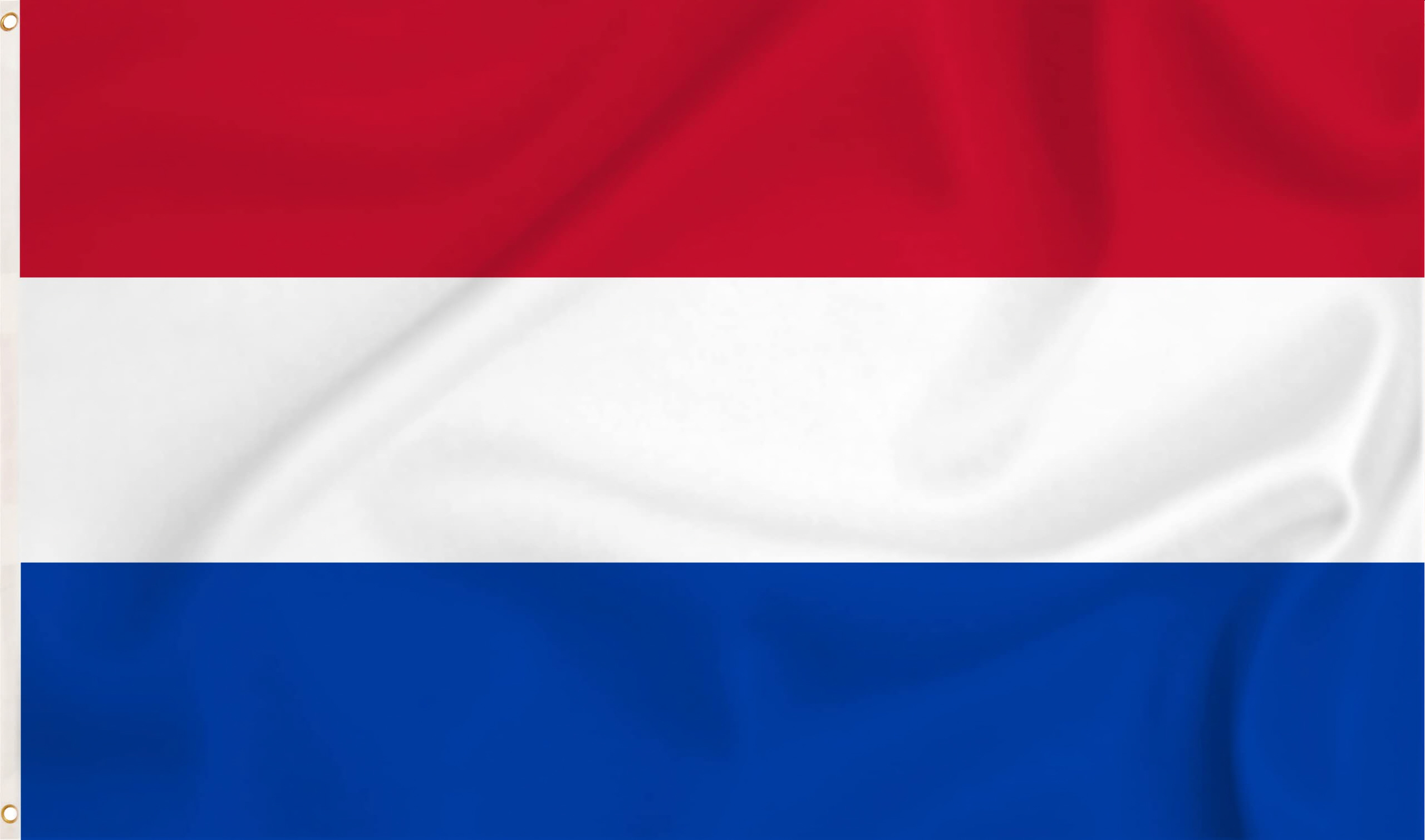








 | 







|
The phrase that gives this text its title comes from the Book of Genesis, chapter 4, verse 10. It is the question God asks Cain after the murder of his brother Abel: a primordial fratricide that inaugurates the drama of human violence in the biblical narrative. The spilled blood does not disappear in silence; it becomes a cry, a voice rising from the very earth, demanding justice.
This question: -What have you done?- could today be addressed to many governments, armies, and world leaders. The verse, originally written in ancient Hebrew, could well appear in Arabic, Russian, Ukrainian, Amharic, Pashto, or Tigrinya. In all the languages of the peoples who today suffer the horrors of war, blood still speaks. Because in most of today’s conflicts, it is brothers who confront one another, who kill each other, who dehumanize one another.
The conflict in Ukraine, triggered by Russia’s invasion in February 2022, has plunged the European continent into its worst armed confrontation since World War II. Millions have been displaced, tens of thousands have died, and devastation has touched both cities and souls. In this war, as in so many others, the main victims are civilians: children, the elderly, women—people who never bore arms but suffer the weight of decisions made far from their homes.
In the Middle East, the cyclical violence between Israel and Palestine reached a new tragic peak after the attack carried out by HAMAS on October 7, 2023. More than 1,200 people died that day in Israel, many of them civilians, in an act of barbarity that has been internationally condemned. The Israeli response, however, has caused a humanitarian catastrophe in Gaza, with tens of thousands of deaths, the majority also civilians, according to reports from the UN, Médecins Sans Frontières, and other independent organizations. The scale of the devastation raises urgent questions about proportionality, international law, and the ethics of a war that seems to be heading toward de facto annexation and the forced displacement of an entire population.
Behind this conflict lies a bitter paradox: the Jewish people, who for centuries have sustained the messianic hope of the return of the lost tribes of Israel, have not been able to recognize the Palestinian people as possible brothers. Even if the genealogical connection were untrue -a debated and largely irrelevant point- what is true is their shared belonging to the same land, to a common history, and to a shared destiny. Beyond religion, language, or ethnicity, what should unite is our common humanity. Suffering does not distinguish lineage or creed.
Jewish tradition teaches that being the chosen people implies a moral choice: not to dominate, but to serve; not to impose, but to be an example of justice, of compassion, of living memory in the face of suffering. That choice, if it is to have meaning today, cannot be tied solely to military power or economic or technological success. It must be measured by the capacity to prevent the suffering of others, to open paths toward coexistence, to assume the memory of the Holocaust as a universal ethical responsibility—not as justification for new forms of oppression.
This is not an attempt to offer a definitive solution to the conflict -whether it be a binational and multicultural state or two states coexisting in peace- but rather to affirm that both Israelis and Palestinians have the same right to live with dignity, security, and justice. The land cannot continue to be a cemetery and a trench: it must also be allowed to be a home.
The same can be said of Ukraine, as of Sudan, Yemen, Ethiopia, Afghanistan, or Myanmar. In each of these war zones, the resources invested in weapons could have been used for hospitals, schools, roads, culture, reconciliation. The price of not doing so is measured in graves, in children without parents, in generations that will grow up never knowing peace.
This text does not seek to justify any form of anti-Semitism, anti-Judaism, Russophobia, or Islamophobia. The attacks carried out by HAMAS -especially those of October 7, 2023- must be condemned clearly and unequivocally, as must the disproportionate reprisals by the State of Israel that destroy entire neighborhoods and collectively punish a population already impoverished and besieged for decades.
The world must not grow accustomed to seeing war as an inevitable fate. Peace is not a utopia if it becomes a collective will. But to achieve that, we must begin by recognizing the other as a brother. Only through mutual respect, equitable justice, and living memory can lasting coexistence be built.
As long as innocent blood continues to cry out from the ground, there will be no silence deep enough to silence it. Humanity, as a whole, is called to respond to the question that echoes from Cain to this day: What have you done?
